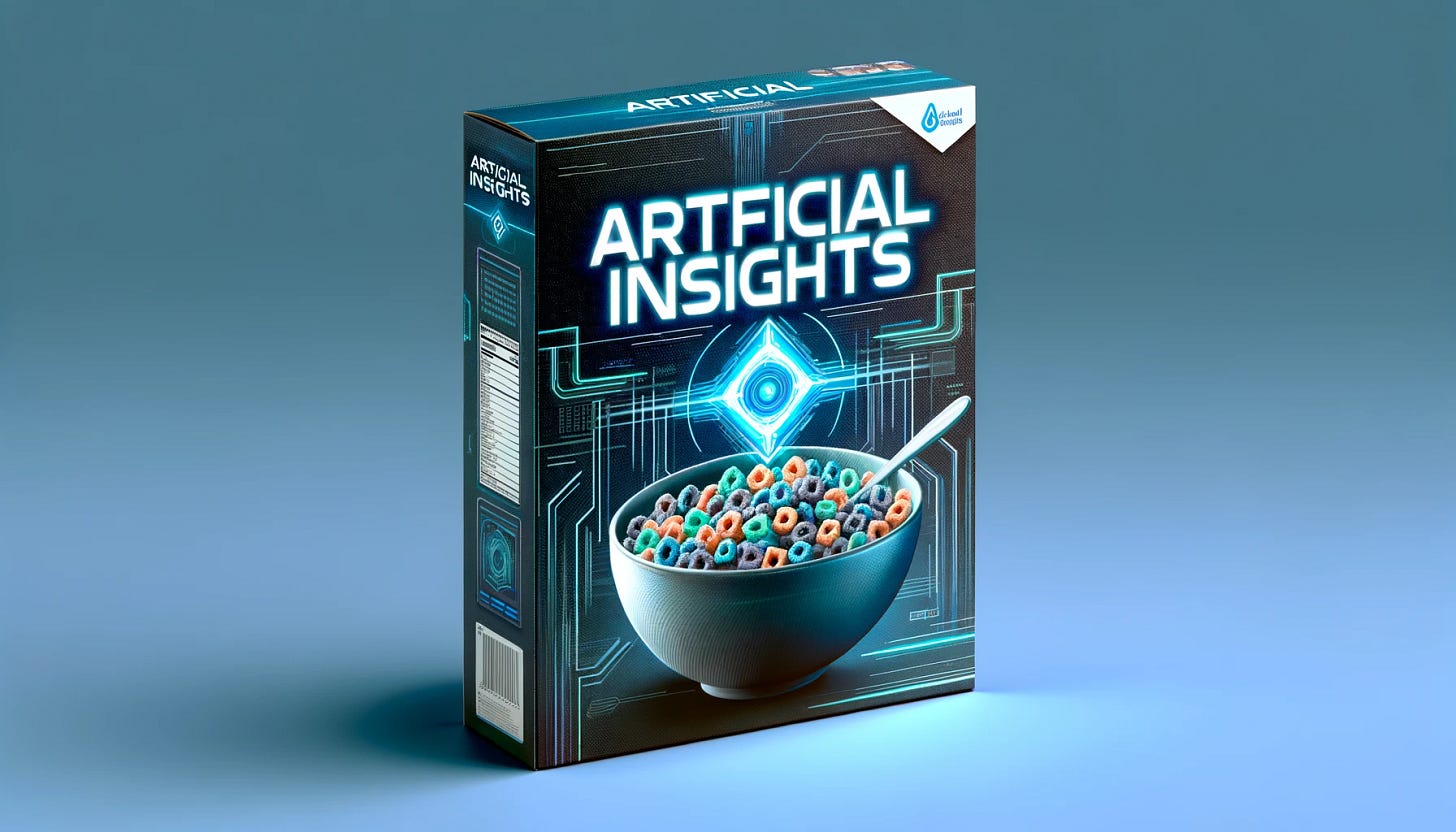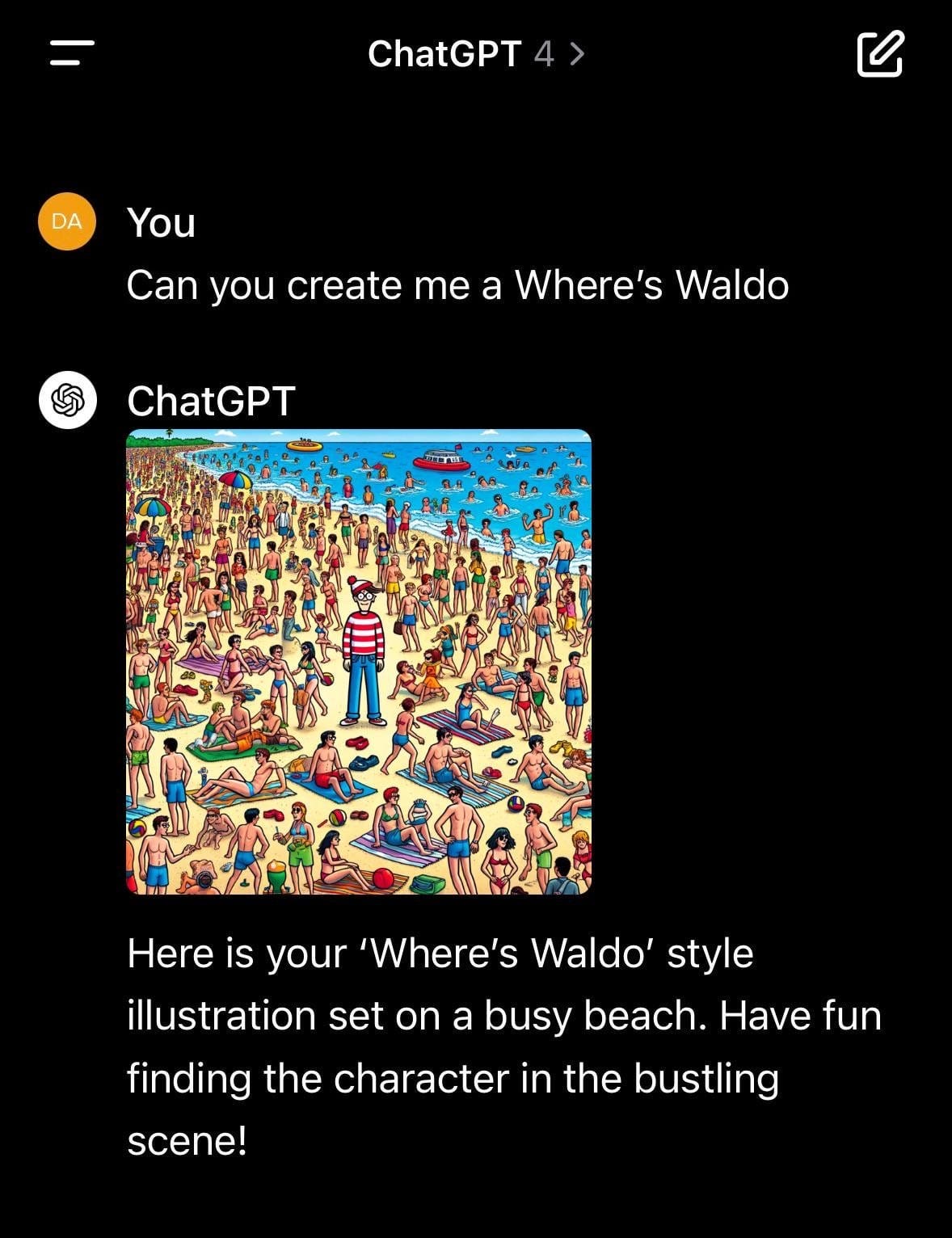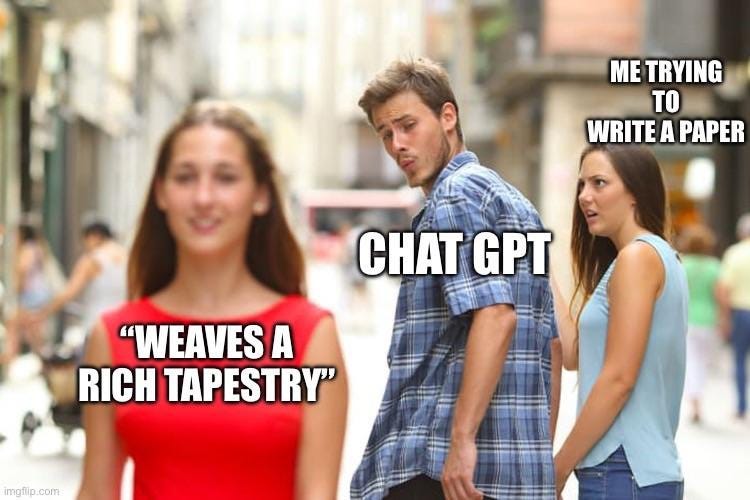Why do you do what you do? (032)
Exploring many kinds of human-machine augmentation, featuring up to 90% organic content.
Happy Monday and welcome to Artificial Insights, your weekly guide to artificial intelligence. The best part of writing this newsletter to me is normalizing the vast amount of time spent on learning about this particular subset of technologies and their potential long term implication. The promise of AI has hung over us for decades, and while most professional futurists would agree that it was likely to take off within our lifetimes, the actual speed at which it is taking off is remarkable.
The 32 editions since launching Artificial Insights have given me space to experiment with different approaches for publishing this weekly. Staying on top of the news and selecting pieces to help you visualize of the near future is infinitely rewarding. One of my personal highlights has been interviewing friends and fellow futurists about their personal take on some of the issues here present, such as this one with Lydia Caldana or Ricardo Cappra. While I’m still waiting to hear back from some invited collaborators, I want to make sure to keep the pipeline full for next year. If you or someone you know is into AI futures, shoot me a message with your public thoughts or research, and I’ll make sure to prepare a couple of questions for you.
Another highlight of mine has been around exploring techniques for utilizing AI tools across my entire workflow. We’ve spoken about this on occasion in past issues, but my intent for next year is to further document and present best practices and approaches for working with AI. If this is something you’ve either done or want to learn more about, please also reach out.
MZ
The allure of shortcuts
My friend and strategic designer Aurel Hosennen writes about the transformational power of AI from a very personal perspective:
In navigating this partnership with AI, I grapple with this sense of ethical ambiguity. It feels as if I am challenging the unspoken rules of traditional work ethics, stepping into a grey area where the reliance on AI might be seen as bypassing the rigour of manual effort.
AI for lowering anxiety
Balance is an app for helping you lower the intensity of anxiety using GPT-4. A couple of weeks ago we hosted a workshop for helping people develop their personal sense of purpose, and the idea of using AIs for other needs came up from several participants. We are actually exploring other “humane” use cases for AI tools and I especially like seeing such tools carefully used for good.
What’s the hardest real life problem you have solved with GPT that you actually just couldn’t do yourself?
Epic Reddit thread with dozens of insights about unexpected applications of ChatGPT. Here are some favorites:
Negotiated a car deal via email over the course of a month using GPT. Just fed it whatever dealerships responded with and their quotes and it helped play some dealer quotes against one another to arrive at a pretty fair and reasonable number.
And:
How to motivate myself for the next task. I just ask GPT-4, sometimes it has good idea, sometimes comical, sometimes just wrong, but regardless, it is enough to motivate me to think about next task.
Nova Mode: the ultimate ChatGPT custom instruction
Supercharge your ChatGPT with a set of specialized instructions which especially help you generate, revise and interate on specific outputs. Turns ChatGPT into more of a power tool than a conversational interface, but useful for super users. You can give it a spin here.
Have fun finding the character in the bustling scene!
Emerging Vocabulary
Blind Alley
A path or approach that initially seems promising but leads to no significant or useful result. It's often encountered in problem-solving or learning algorithms where a certain route does not contribute to reaching the goal or solving the problem, necessitating a change in strategy or backtracking to find a more productive path.
View all emerging vocabulary entries →
If Artificial Insights makes sense to you, please help us out by:
Subscribing to the weekly newsletter on Substack.
Following the weekly newsletter on LinkedIn.
Forwarding this issue to colleagues and friends.
Sharing the newsletter on your socials.
Commenting with your favorite talks and thinkers.
Artificial Insights is written by Michell Zappa, CEO and founder of Envisioning, a technology research institute.
You are receiving this newsletter because you signed up on envisioning.io.





